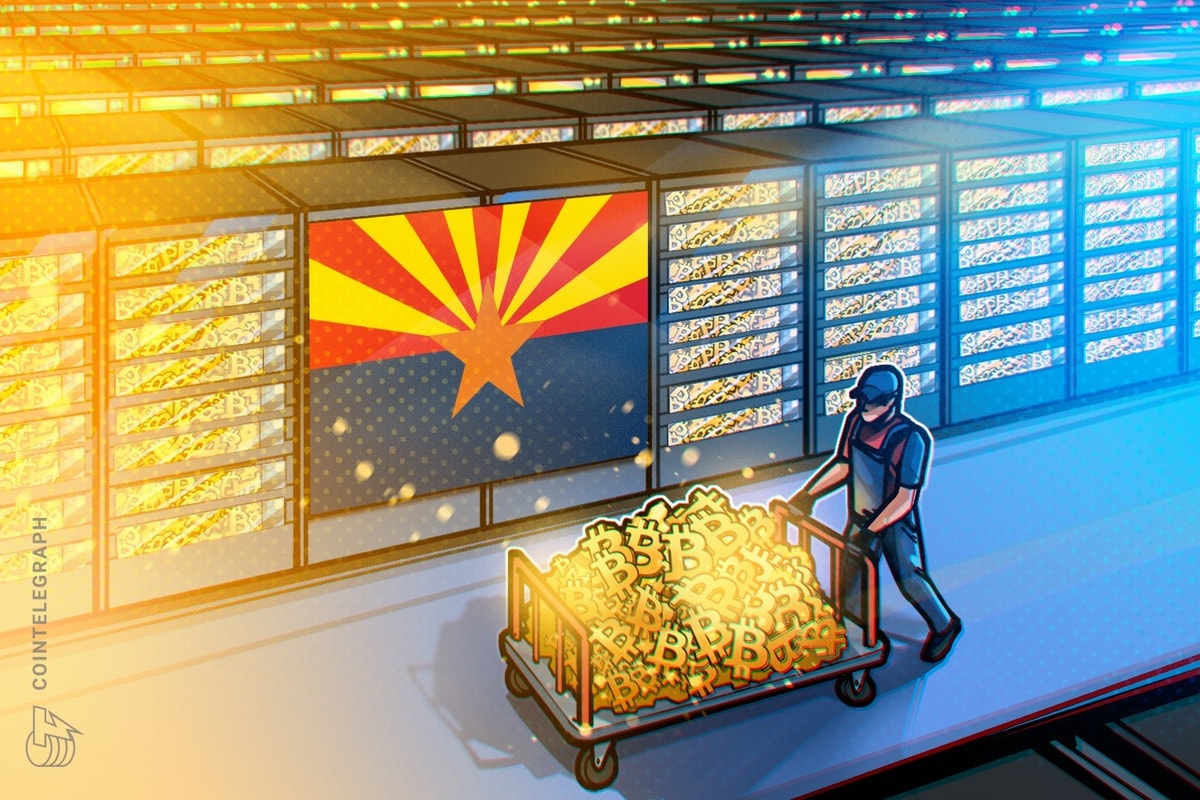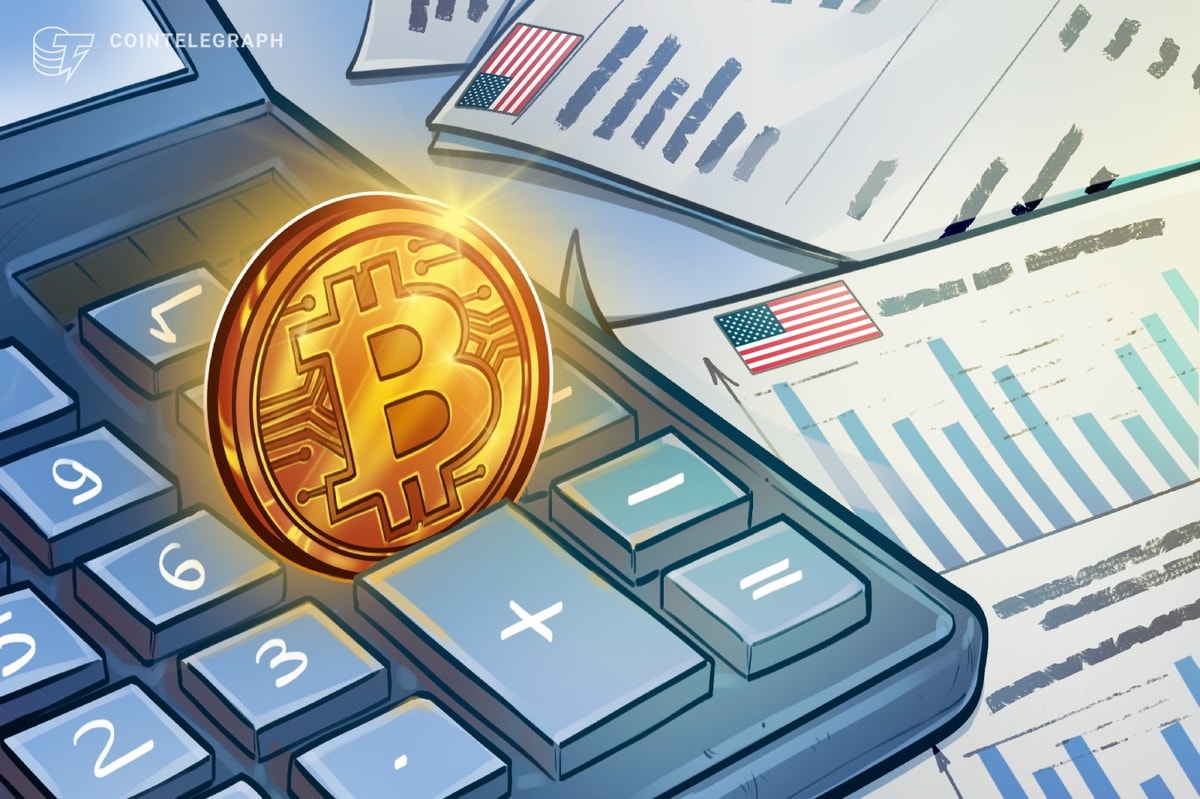The Walker Sands 2015 Future of Retail survey of 1,400 online consumers across the United States found that study participants consider mobile wallets and applications the least secure form of payment, ranking behind personal checks and cryptocurrencies such as Bitcoin.
Cash still king
The Walker Sands’ 2015 Future of Retail Study looks into the “changing trends and consumer behaviors in retail.” Based on a survey of more than 1,400 US consumers, the company’s second annual report reveals what consumers want “in an omni-channel shopping experience” and how e-retailers can use technology to increase their bottom line for 2015 and beyond.
The exact breakdown for the replies, when asked what type of payment methods the respondents feel is most secure, is as follows:
- Cash (56 %);
- Credit Card (22 %);
- Debit Card (16 %);
- Cryptocurrency (3 %);
- Check (2 %);
- Mobile Wallet or App (1 %).
Apple Pay raising mobile payment awareness
Other key findings in the report highlight the increasing trend of mobile payment applications in the past year, up 8% compared to 2013. The report reads:
“The shift to mobile payments has accelerated over the past year, with Apple Pay raising awareness and increasing consumer willingness to use smartphones at the point of sale.”
While only 4% actually tried Apple Pay (introduced late 2014), the figures showed that out of the people who used mobile payments last year, 45 percent have used Google Wallet, and 41 percent have used a banking payment app, while one third has used a retailer payment app.
Of the respondents, 18 percent said the introduction of Apple Pay makes them more likely to make a purchase on their mobile device in the near future. This number jumps to 36 percent for iPhone users. However, 16 and 8 percent of Windows and Android users, respectively, have also said they are more likely to pay with their devices with the advent of Apple Pay, pointing to the likelihood of 2015 becoming the year when mobile payments finally enter the mainstream.

Apple Pay not immune
But while Apple Pay is seemingly raising mobile payment awareness among consumers, neither credit cards nor Apple Pay are immune from hackers and cyber thieves who could not only steal funds but personal data as well. Apple Pay, for example, has recently been hit by a wave of fraudulent transactions using credit card data stolen from certain retailers.
“The introduction of Apple Pay has accelerated the shift to mobile payments, but consumers still have security and privacy concerns about using their phones at the cash register,” the report reads. “While mobile payments are on the rise, mainstream adoption will most likely be delayed until a critical mass of people are using it with minimal security and theft problems.”
Indeed, other key findings showed that 8 out of 10 respondents are hesitant about using mobile payment services due to security (57%) and privacy (48%) concerns.

Conclusion
Finally, the report recommends that retailers offer flexibility and security in payments. It reads:
“With cash on the decline and hacking scandals eroding trust in traditional POS systems, retailers who embrace mobile payments and convince consumers it’s a safe way to make a purchase might be able to offer the best of both worlds.”
Apparently, Bitcoin is not the only payment technology suffering from a public image problem, rather it is an issue affecting the nascent mobile payment industry as a whole. The reason why cryptocurrency is above mobile apps and checks in the survey could be due to the decentralized nature of Bitcoin and the blockchain. In other words, single points of potential security breaches such as banks, servers, or retail POS locations naturally provide users with inferior privacy and security by their (centralized) design.
Meanwhile, merchant wanting to give their customers this best of both worlds payment option can look to cryptocurrency. With constant security upgrades and security enhancements such as multi-sig, threshold signatures, cold-storage, etc., decentralized and open-source cryptocurrencies such as Bitcoin don’t provide a single target for cyber criminals (minimizing potential loss and increasing difficulty for hackers) and also have a greater advantage moving forward compared to centralized systems such as Apple Pay, where innovation can only occur only from a single point.
Did you enjoy this article? You may also be interested in reading these ones:










